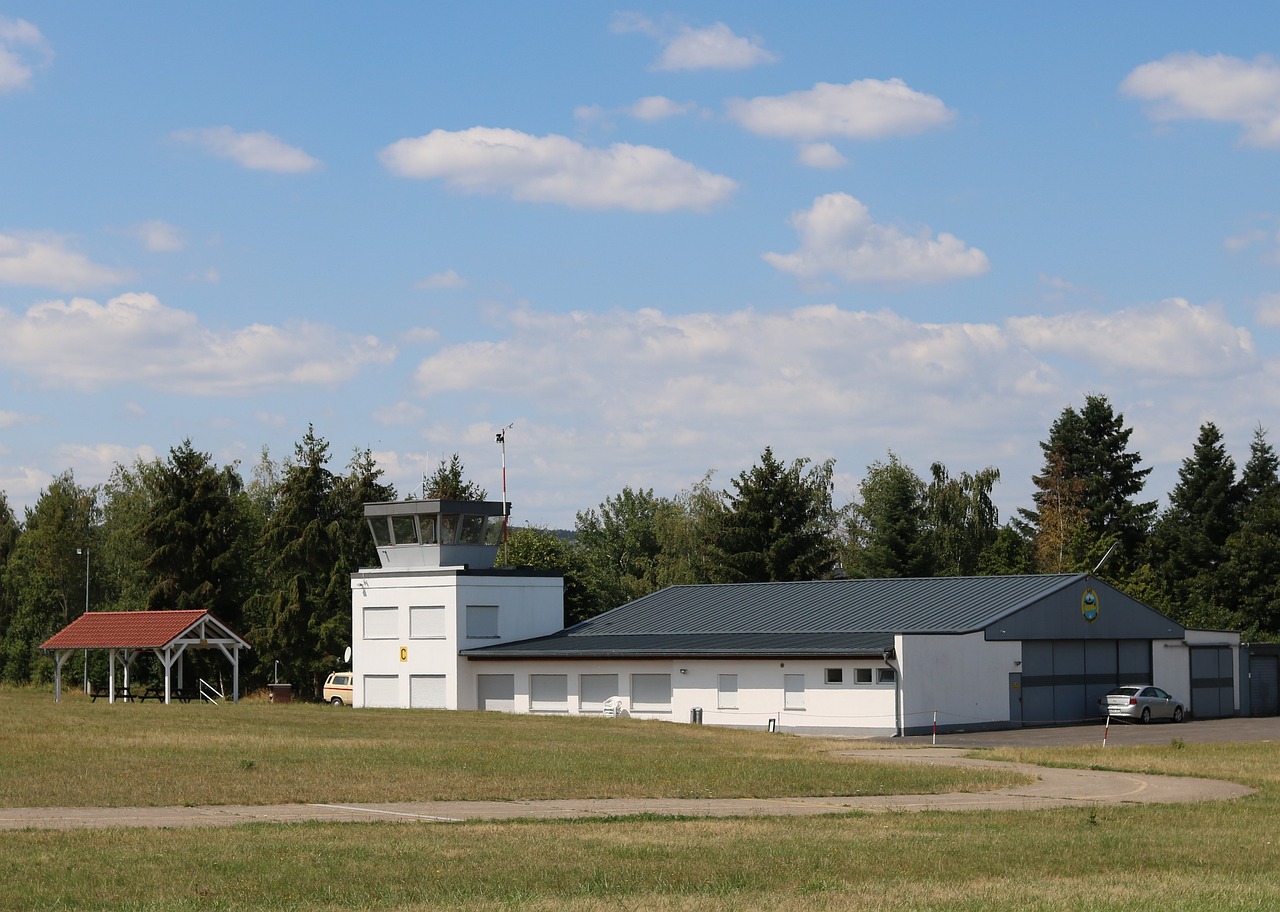Vocational training and eventual qualification is a popular option on both sides of the Atlantic, providing people with a means to get to grips with a trade that will eventually become their full-time profession.
As you’d expect, there are similarities and differences between how vocational qualifications are handled in the UK compared with the US, so let’s look at what you can expect if you are thinking of training in Britain.
A cavalcade of courses and training opportunities are available
There is just as much choice and diversity of vocational courses and qualification routes to take in the UK as in the US, as well as a broad selection of providers and institutions that oversee and offer them.
For example, if you want to train to become an electrician, taking an 18th edition course to get up to speed with the rules and regulations regarding wiring is a must.
In some cases, you’ll need to take more than one course and achieve more than one qualification, accreditation or license in order to legally work in a given profession. This usually applies to the more skilled and safety-contingent jobs.
Another point to make is that some people choose to take certain vocational training courses even if they are not ultimately going to work in the specific field covered. This is because lots of the skills are transferable, and so even if you train as an electrician, you could end up being a surveyor, a construction consultant, or anything in between.
Non-UK qualifications are treated differently
If you’ve already undergone vocational training in the US or in any other part of the world, it’s worth noting that there are different levels of transferability and acceptance for qualifications obtained outside the UK.
Knowing whether or not your existing background in training and accreditation will be recognized or not is obviously important if you are thinking of moving to the British Isles for work, and the most official way to get up to speed with this is via the National Academic Recognition Information Centre. You might have to pay a small fee to get info on your specific case, but this will be worth it to avoid any ambiguity or encounter any issues further down the line.
Qualifications apply nationally
One of the facts of life of living and working in the US is that you will find that all sorts of qualifications are only applicable in the state where they are attained. This means that if you want to move to another part of the country and continue your career, you might have to retake tests and pass training courses all over again, even if you have years of experience under your belt.
The same is generally not true of the UK, where most vocational qualifications are recognized and accepted at a national level. So regardless of what part of the country you complete your training in, you’ll be eligible for employment anywhere else on British soil.
Funding is available
While vocational courses in the US and the UK often require you to pay in order to complete them and ultimately attain a qualification, there are bodies in both countries which will cover some or all of the costs, depending on your circumstances and your eligibility.
One excellent example of this is the vocational training which is available through the various arms of the military. Many Americans and Brits alike choose to enter the army, navy or air force with the intention of learning a trade that can then be applied to the civilian job market.
The upshot of this is that getting a qualification in the UK or the US is a good idea, whatever your vocation of choice.







